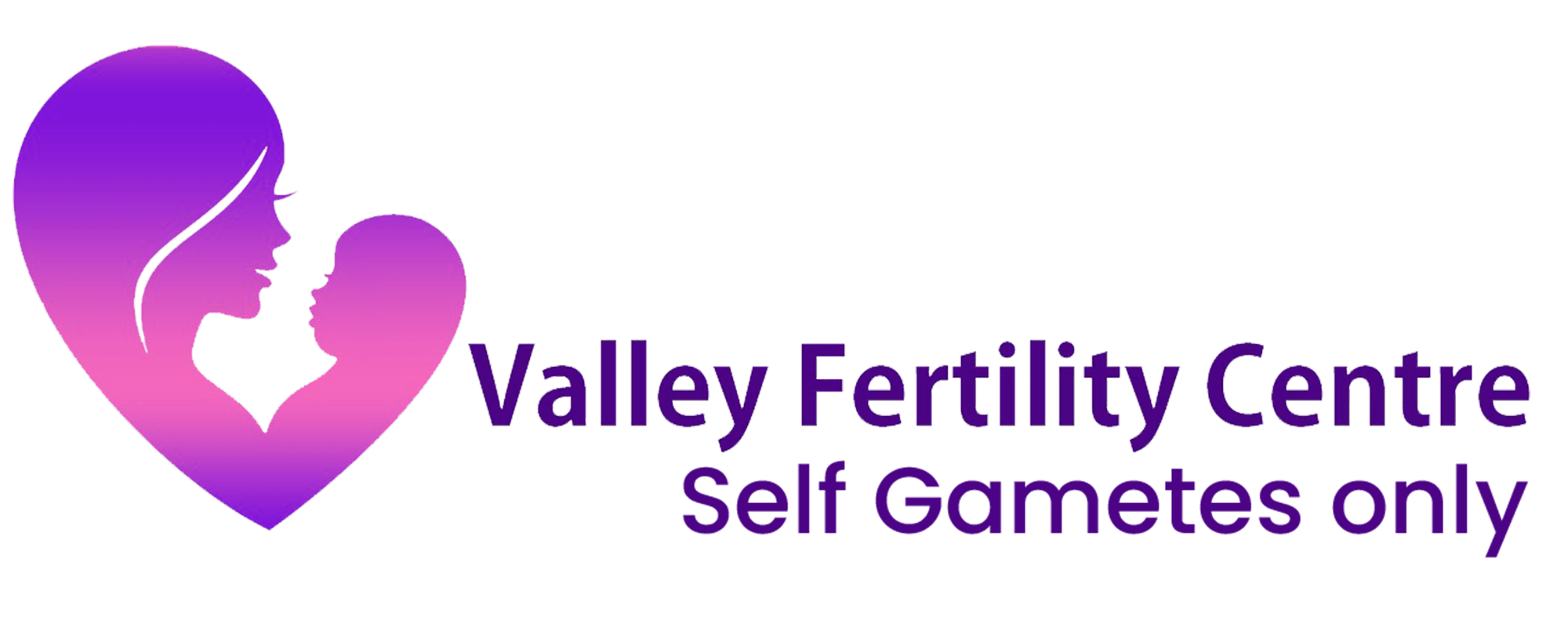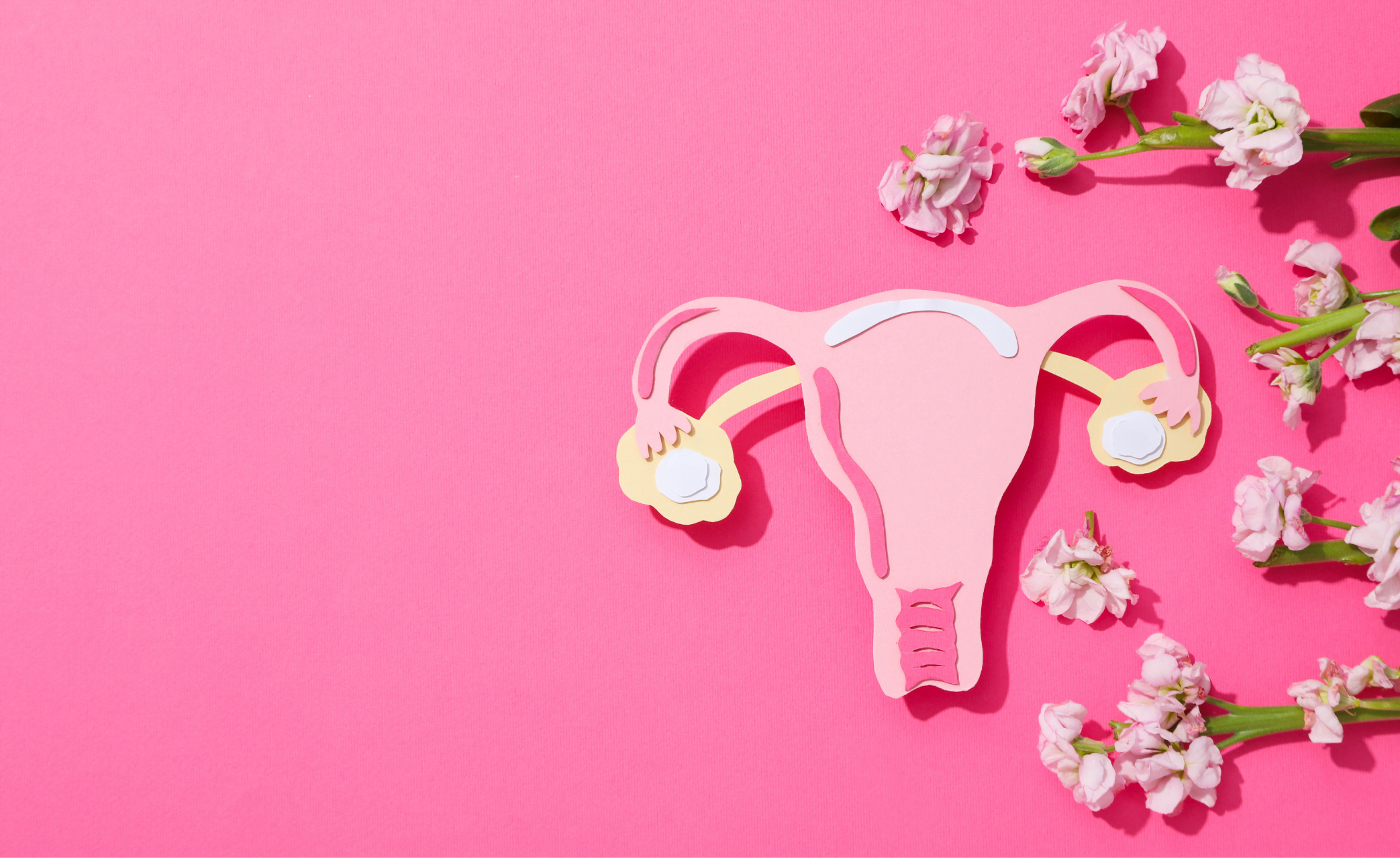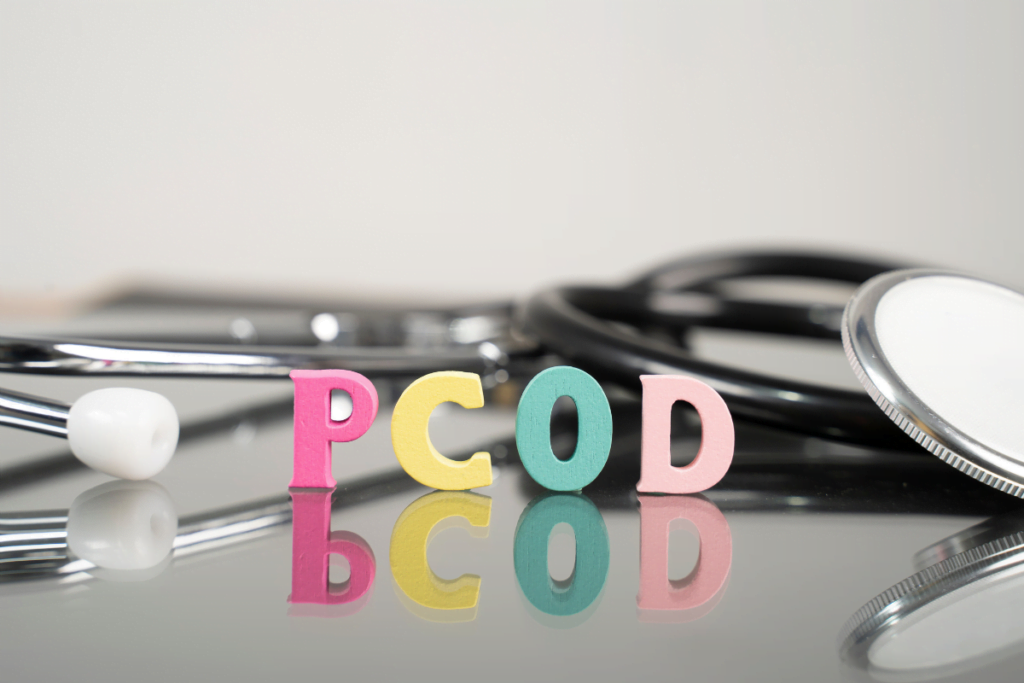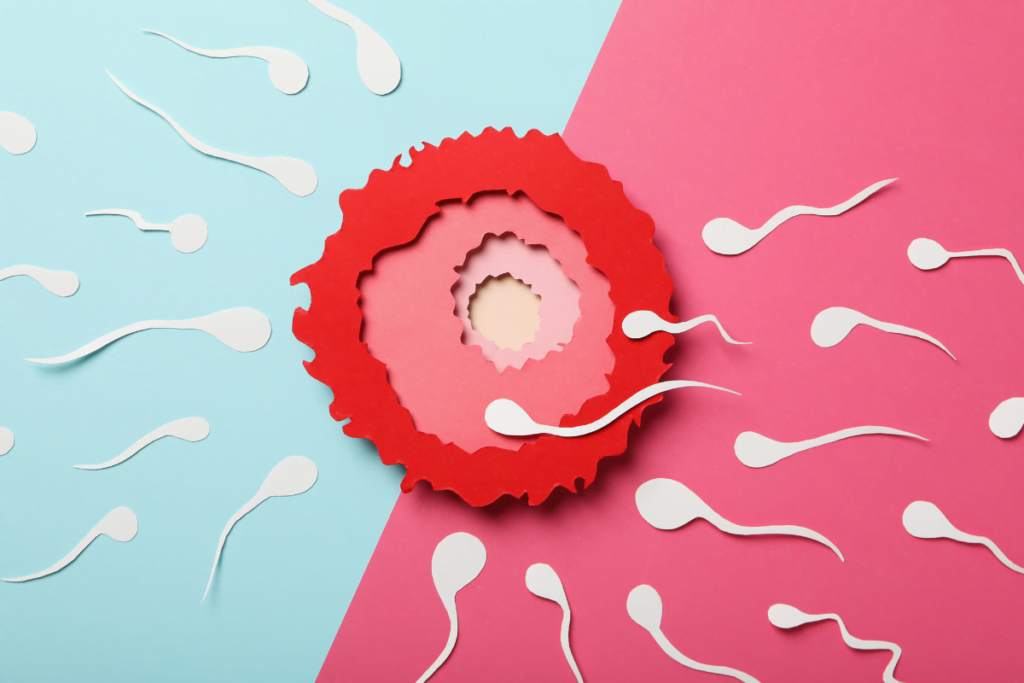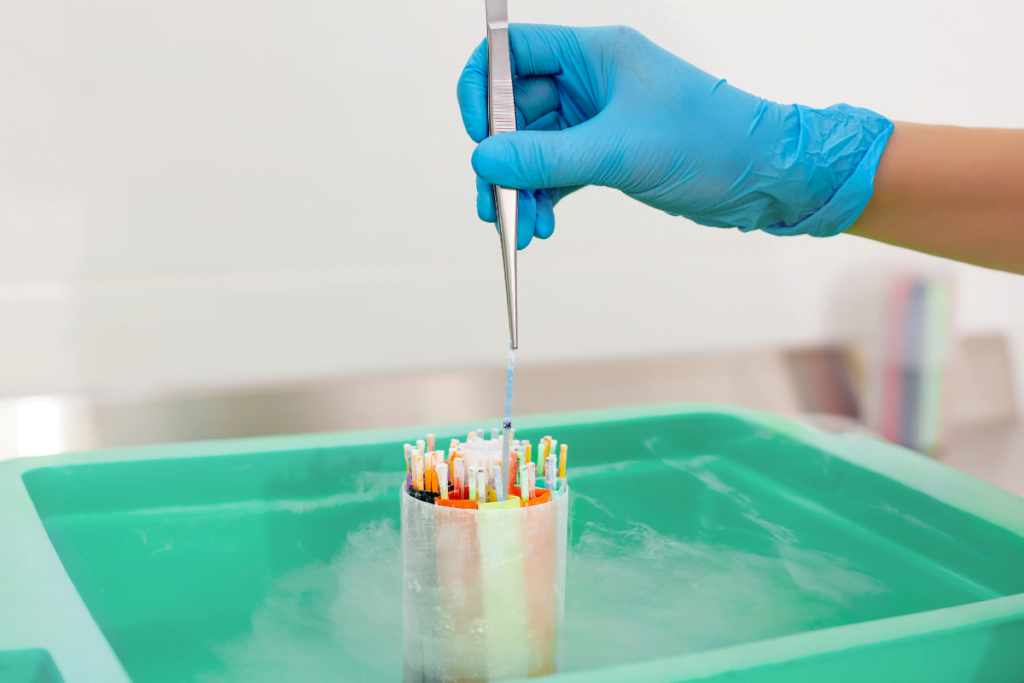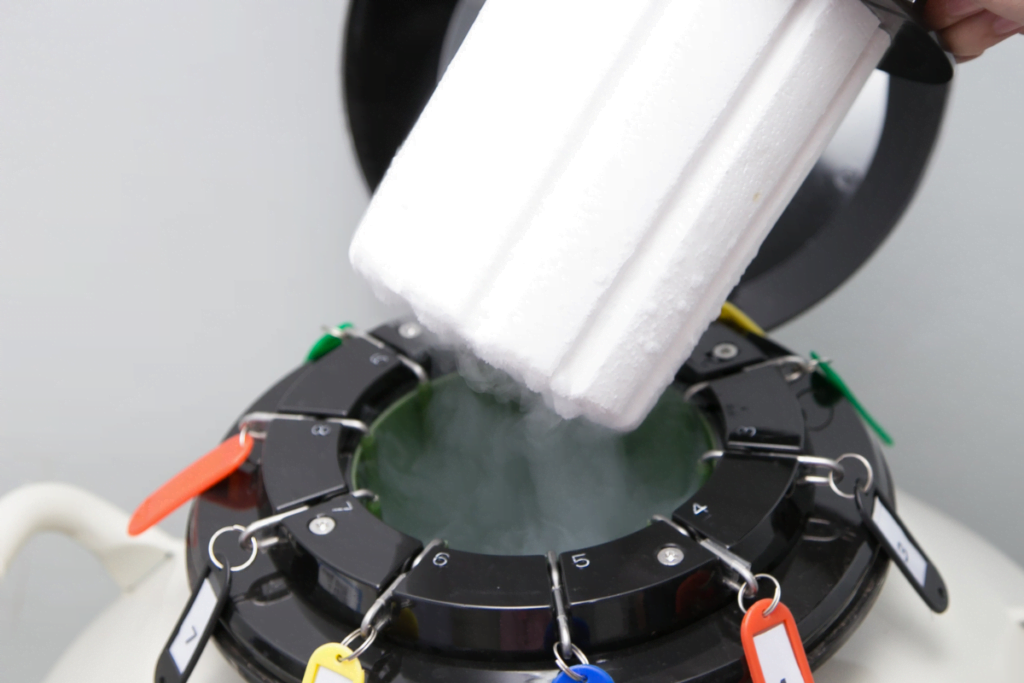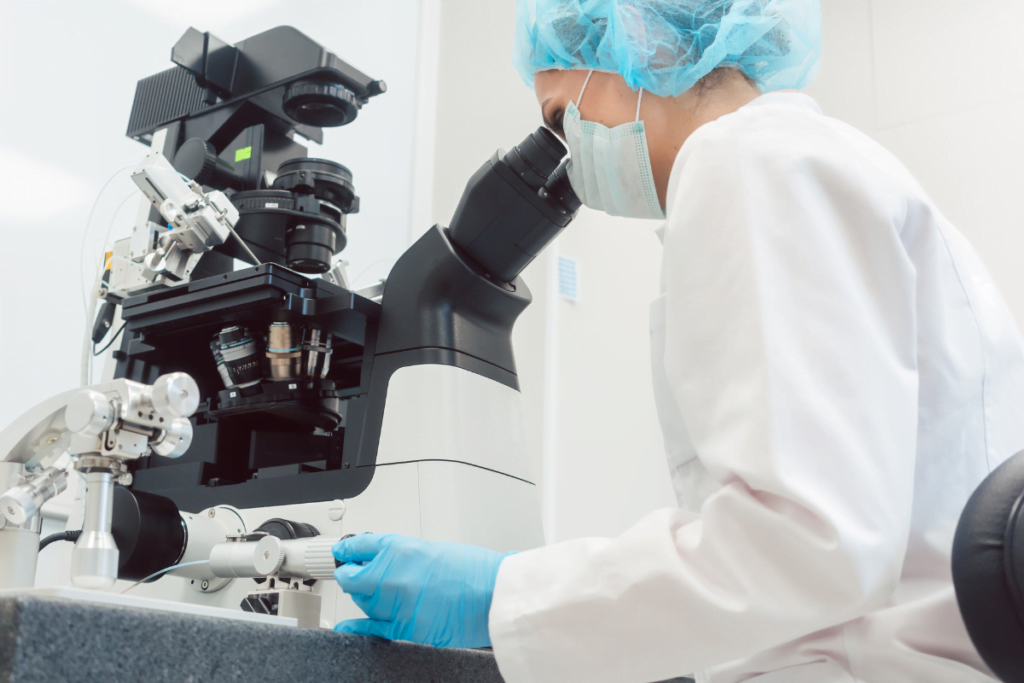Table of Contents
Understanding Uterus Health: Normal Size, Abnormalities, and Treatments
Introduction
The uterus, also known as the womb, is a vital reproductive organ in a woman’s body. It plays a crucial role in menstrual cycles, fertility, and pregnancy. Understanding uterus health, including its normal size, potential abnormalities, and available treatments, is essential for maintaining reproductive well-being. At Valley Fertility Centre, the best fertility centre in Srinagar, we are dedicated to providing comprehensive care and education about uterus health. This article will explore the normal size of the uterus, common abnormalities, and effective treatments to ensure optimal reproductive health.
What is the Normal Size of the Uterus?
The uterus is a pear-shaped muscular organ located in the pelvis, between the bladder and the rectum. Its primary functions include housing a developing fetus during pregnancy and shedding the lining during menstruation if pregnancy does not occur.
- Normal Size of the Uterus: For most women, the uterus is approximately 7.6 cm (3 inches) long, 4.5 cm (1.8 inches) wide, and 3 cm (1.2 inches) thick. However, its size can vary depending on age, hormonal status, and whether a woman has given birth. For example, a uterus may be slightly larger in women who have had children.
Common Uterine Abnormalities
While the uterus typically maintains a standard size and shape, several abnormalities can affect its structure and function. These abnormalities may impact a woman’s fertility, menstrual cycle, and overall health.
- Uterine Fibroids: These are non-cancerous growths that develop within the uterine wall. They can vary in size, from as small as a seed to as large as a melon. Fibroids can cause symptoms such as heavy menstrual bleeding, pelvic pain, frequent urination, and complications during pregnancy.
- Adenomyosis: This condition occurs when the inner lining of the uterus (endometrium) breaks through the muscle wall of the uterus (myometrium). It can cause heavy menstrual bleeding, severe cramps, and chronic pelvic pain.
- Uterine Polyps: These are growths that attach to the inner wall of the uterus and extend into the uterine cavity. Polyps are usually non-cancerous but can cause irregular menstrual bleeding and may interfere with fertility.
- Endometriosis: A condition where the tissue similar to the lining inside the uterus grows outside the uterus. Endometriosis can cause severe pain, heavy periods, and fertility problems.
- Uterine Prolapse: This occurs when the uterus descends into or outside of the vaginal canal due to weakened pelvic floor muscles. It can cause pelvic discomfort, urinary problems, and difficulty with bowel movements.
- Congenital Uterine Abnormalities: Some women are born with uterine abnormalities, such as a bicornuate uterus (heart-shaped) or a septate uterus (divided by a septum). These abnormalities can affect fertility and pregnancy outcomes.
Symptoms of Uterine Abnormalities
Uterine abnormalities can present with various symptoms, depending on the type and severity of the condition. Common symptoms include:
- Heavy or prolonged menstrual bleeding
- Severe menstrual cramps or pelvic pain
- Irregular menstrual cycles
- Pain during intercourse
- Frequent urination or difficulty emptying the bladder
- Bloating or a feeling of fullness in the pelvic area
- Fertility issues or recurrent miscarriages
Diagnosing Uterine Abnormalities
Diagnosing uterine abnormalities involves a combination of medical history, physical examination, and diagnostic tests. At Valley Fertility Centre, we use advanced diagnostic techniques to accurately assess uterine health:
- Pelvic Examination: A physical exam to check for abnormalities in the size, shape, and position of the uterus.
- Ultrasound: A non-invasive imaging test that uses sound waves to create images of the uterus. It helps identify the presence of fibroids, polyps, or other abnormalities.
- Hysteroscopy: A procedure where a thin, lighted tube (hysteroscope) is inserted into the uterus through the vagina to examine the uterine lining and cavity.
- MRI (Magnetic Resonance Imaging): An imaging test that provides detailed images of the uterus and surrounding structures. It is useful for diagnosing conditions like adenomyosis and endometriosis.
- Sonohysterography: A special ultrasound that involves injecting fluid into the uterus to provide clearer images of the uterine cavity.
Treatment Options for Uterine Abnormalities
Treatment for uterine abnormalities depends on the type of condition, severity of symptoms, and the woman’s desire for fertility. At Valley Fertility Centre, we offer personalized treatment plans to address each patient’s unique needs.
- Medications: Hormonal therapies, such as birth control pills or progesterone, can help regulate menstrual cycles, reduce heavy bleeding, and relieve pain. Gonadotropin-releasing hormone (GnRH) agonists may be used to shrink fibroids temporarily.
- Minimally Invasive Procedures: Procedures such as uterine artery embolization, endometrial ablation, or hysteroscopic removal of polyps and fibroids can effectively treat certain uterine conditions without major surgery.
- Surgery: In cases where medication and minimally invasive procedures are not effective, surgery may be necessary. Myomectomy is a surgical procedure to remove fibroids while preserving the uterus. In severe cases, a hysterectomy (removal of the uterus) may be recommended.
- Lifestyle Modifications: Maintaining a healthy weight, managing stress, and following a balanced diet can help alleviate symptoms and improve overall uterine health.
- Physical Therapy: For uterine prolapse, pelvic floor exercises and physical therapy can strengthen the pelvic muscles and provide support to the uterus.
FAQs About Uterus Health
- What is considered a normal size for the uterus? A normal uterus is typically about 7.6 cm long, 4.5 cm wide, and 3 cm thick. However, size can vary based on factors such as age, hormonal status, and childbirth history.
- Can uterine fibroids affect fertility? Yes, fibroids can affect fertility by blocking the fallopian tubes, altering the shape of the uterus, or interfering with sperm movement and embryo implantation.
- How is adenomyosis treated? Adenomyosis can be treated with hormonal therapies, pain relief medications, or minimally invasive procedures. In severe cases, a hysterectomy may be necessary.
- Can endometriosis be cured? Endometriosis cannot be cured, but its symptoms can be managed with medication, hormonal therapy, or surgery. Early diagnosis and treatment can improve the quality of life.
- Is surgery the only option for uterine polyps? No, small polyps may resolve on their own or can be removed through a minimally invasive procedure called hysteroscopy. Hormonal treatments may also be effective.
Conclusion
Maintaining a healthy uterus is crucial for a woman’s reproductive health and overall well-being. Understanding the normal size, recognizing abnormalities, and seeking appropriate treatments can help preserve fertility and improve quality of life. At Valley Fertility Centre, we offer expert care and personalized treatment options to support women in maintaining optimal uterus health. Contact us today to learn more about our services and how we can help you on your fertility journey.
